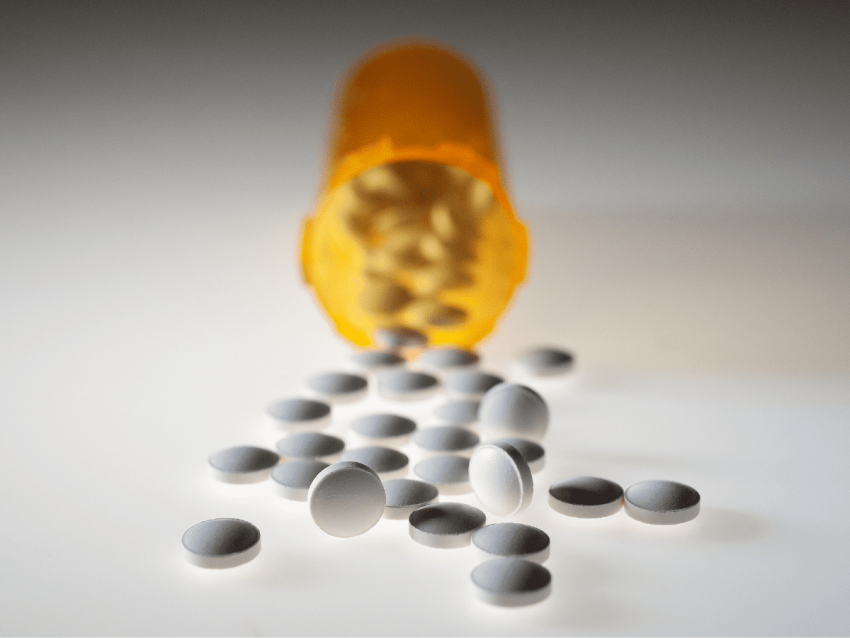
Vicodin is the brand name of an opioid narcotic, and unfortunately, Vicodin abuse and psychological damage are common. This prescription drug is meant to reduce moderate to severe pain by binding to opioid receptors in the central nervous system. There are alternatives to Vicodin like Percocet and Oxycodone, but all of these substances can be addictive. Vicodin addiction treatment is advised when signs and symptoms become apparent and frequent.
Side Effects of Vicodin Use
Adverse side effects of long-term Vicodin use can include low libido, infertility, and digestive problems that can lead to severe constipation. Since Vicodin is addictive, people will tend to build a high tolerance for the drug and use it longer than prescribed, which causes negative impacts on the mind and body. Liver and kidney damage are also often reported as long-term effects of the use of the substance.
Other side effects from Vicodin misuse include:
- Hives
- Agitation
- Bone pain
- Confusion
- Restlessness
- Loss of appetite
- Rapid heart rate
- Fever or sweating
- Excessive yawning
- Loss of coordination
- Trouble breathing or swallowing
Vicodin addiction can lead to these negative effects on the body and cause cognitive impairment. Drug cravings are difficult and experienced differently, but addiction can lead to overdose, so undergoing a Vicodin detox can prevent these complications and life-threatening circumstances.
Signs of Vicodin Abuse
There are numerous signs that determine if someone is addicted to Vicodin. Some notable feelings to consider are if a person is desiring to stop using but continues to acquire and use the medication. Also, continuing the drug while relationships are being compromised, displaying a poor work ethic, and a loss of motivation or social interaction can be signs of addiction.
Other people who refuse help or are found constantly defending themselves are strong signs of addiction. Mood swings and cognitive decline are often associated with chronic use. Plus, an addict will experience withdrawal symptoms shortly after use or in between attempts to get more pills which indicates a dependency on the drug.
Vicodin Withdrawal Symptoms
Vicodin abuse can lead to painful withdrawal symptoms that may need medical attention to get through them efficiently. A person who is fighting addiction can prevent severe withdrawal symptoms by being aware of the signs and symptoms as early in the addiction stage as possible. Some symptoms of Vicodin withdrawal include:
- Fever
- Anxiety
- Sweating
- Vomiting
- Stomach cramps
- Muscle aches and joint pain
- Insomnia or trouble sleeping
- Depressed behavior and mood
Vicodin addiction symptoms are similar to other popular narcotics used to relieve or reduce pain. If an addict begins to struggle financially, has constant physical issues, or is engaging in risky behaviors, then overdose is highly likely. It’s vital for addicts to receive the proper care they need to avoid life-threatening conditions and prevent relapse.
Help at Better Addiction Care Treatment Center
At our trusted wellness center, we offer inpatient rehab and outpatient therapy so patients can get the proper care they need to achieve their recovery goals. Our experienced medical staff can help individuals safely get through withdrawal symptoms, whether a person is struggling with Vicodin addiction or other opioid or alcohol addictions.
We understand that addiction is different for everyone. Our treatment plans are designed to help you recover and return to a life worth living! Call Better Addiction Care at 800-429-7690 and speak with a specialist to get started today!
Related Readings:
I Need Drug Rehab – Now What?
5 Risk Factors that Contribute to Substance Abuse
Ready to Get Help?
Let our team of Addiction Counselors help find the Right Rehab for You!
